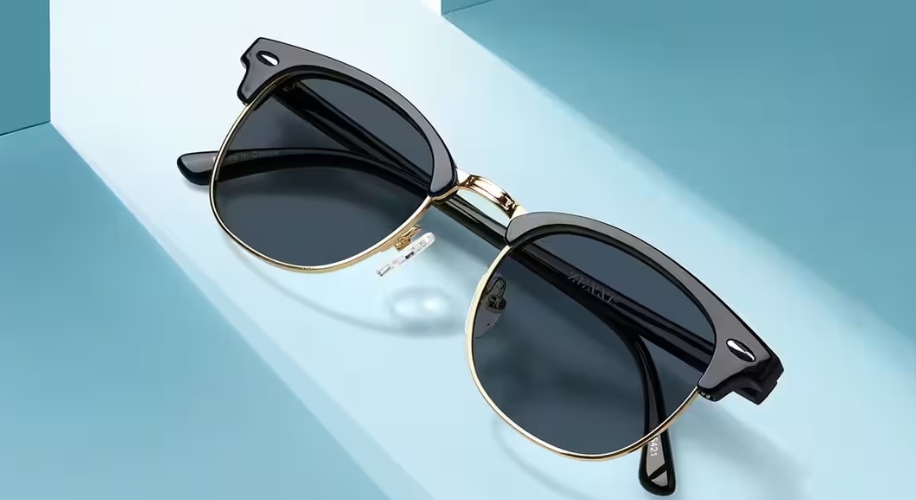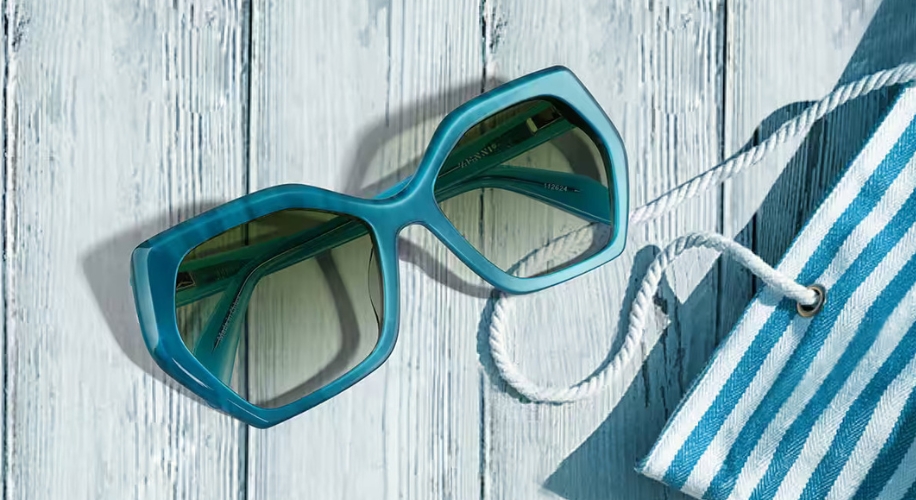UV Rays and Your Eyes
When it comes to eye health, one of the most crucial factors to consider is UV protection. Exposure to ultraviolet (UV) radiation can have significant long-term effects on your vision and eye health. Understanding how UV rays impact your eyes and how you can protect them is essential for maintaining good vision throughout your life.
Photo by Christian Domingues
The Dangers of UV Radiation
UV radiation, which comes from the sun and other sources like tanning beds, is categorized into three types: UVA, UVB, and UVC. While the Earth’s atmosphere blocks most UVC rays, UVA and UVB rays can still reach your eyes and cause damage.
- UVA Rays: These rays can penetrate deep into the eye, potentially causing long-term damage such as cataracts and macular degeneration.
- UVB Rays: UVB rays primarily affect the outer layers of the eye and are strongly linked to conditions like photokeratitis (similar to sunburn of the eye) and pterygium (a growth on the eye’s surface).
The Importance of UV Protection
Wearing proper UV protection is vital for safeguarding your eyes from these harmful rays.
- Prevention: UV protection helps reduce the risk of developing serious eye conditions such as cataracts, macular degeneration, and cancers of the eye and eyelid.
- Protection: UV-blocking sunglasses can prevent painful photokeratitis, which can occur after short-term exposure to intense UVB rays, especially in snowy or sunny environments.
- Comfort: Sunglasses with UV protection enhance visual comfort by reducing glare and improving contrast, which is especially beneficial for activities like driving and outdoor sports.
Shop These Frames
Choosing Effective UV Protection
Not all sunglasses provide adequate UV protection. When selecting sunglasses, consider the following:
- Protection Rating: Look for sunglasses labeled as blocking 100% of UVA and UVB rays or UV400, which indicates they block wavelengths up to 400 nanometers.
- Lens Quality: Opt for high-quality lenses that are designed to maintain optical clarity while filtering out UV rays.
- Fit and Coverage: Sunglasses that wrap around the sides of your face offer better protection by blocking rays that can enter from the sides.
Beyond Sunglasses
UV protection shouldn’t be limited to sunglasses alone. Consider these additional tips:
- Eyeglasses: Prescription eyeglasses can also be fitted with UV-blocking lenses to protect your eyes during daily activities.
- Hats and Visors: Wide-brimmed hats and visors provide additional shade and protection for your eyes and face.
- Contact Lenses: Some contact lenses also offer UV protection, but they should be combined with sunglasses for optimal coverage.
Shop These Frames
Prioritizing UV protection for your eyes is a proactive step towards maintaining good eye health and preserving your vision. By wearing sunglasses and taking precautions in your daily life, you can enjoy the outdoors while keeping your eyes safe from the harmful effects of UV rays.







 Canada
Canada